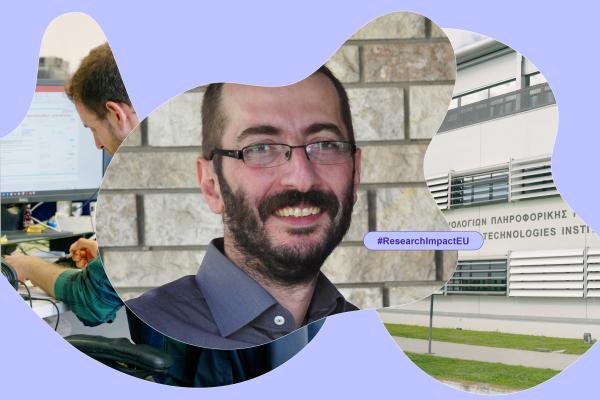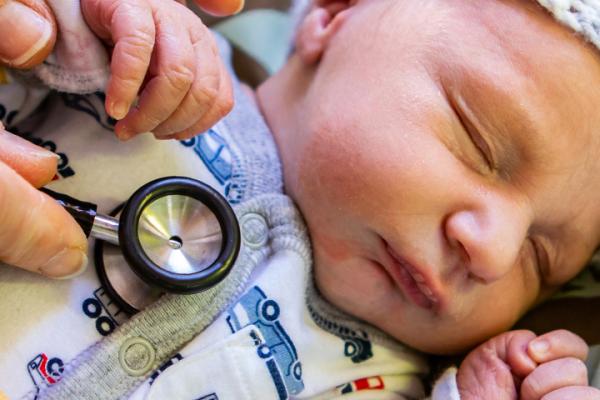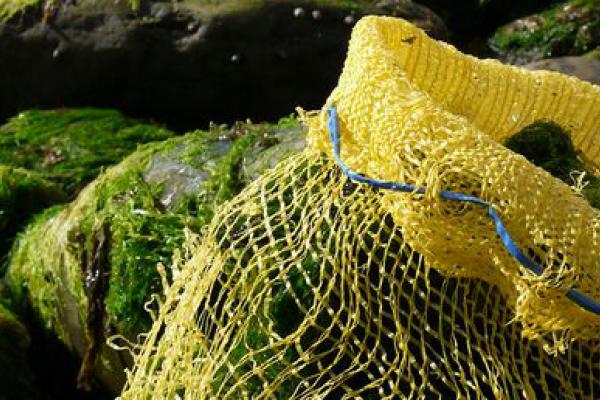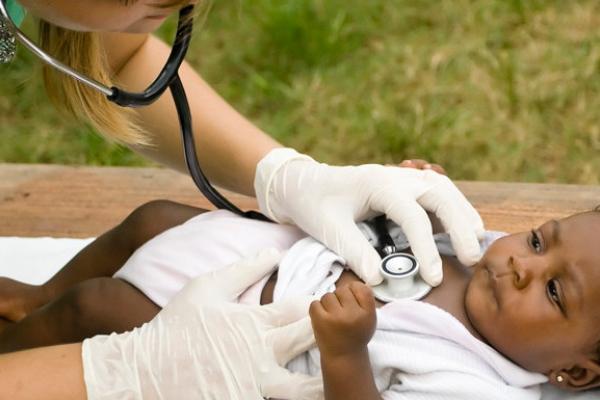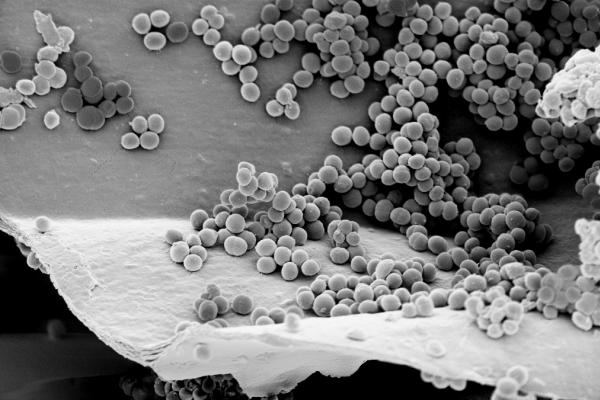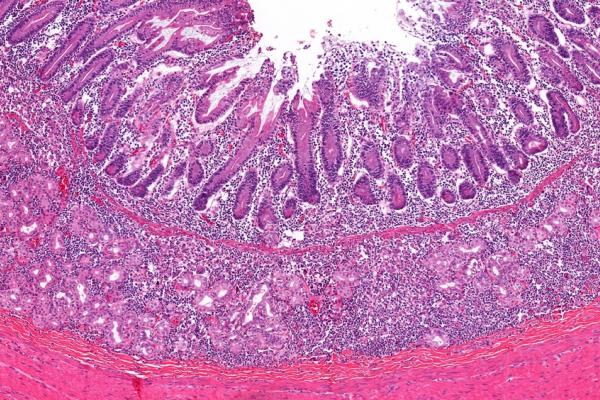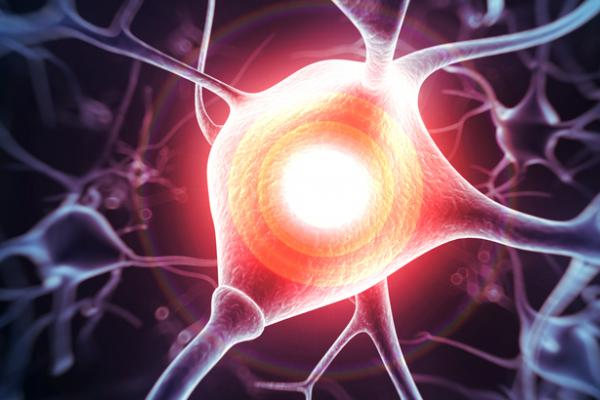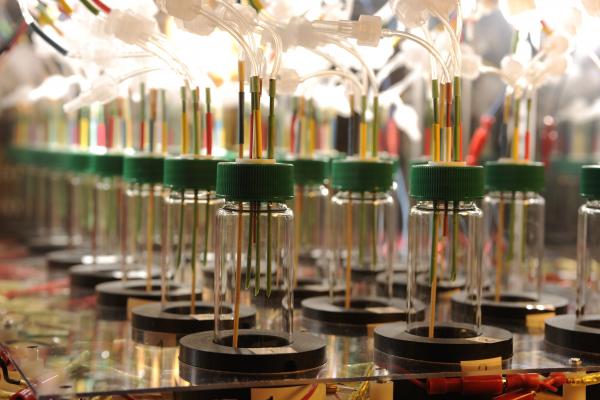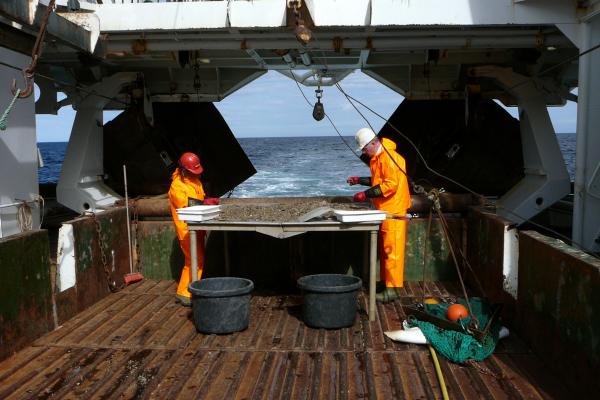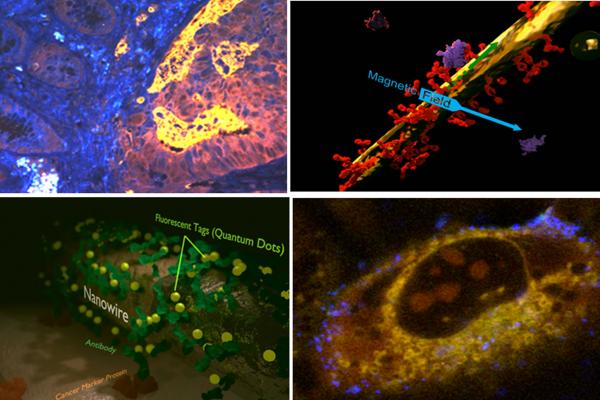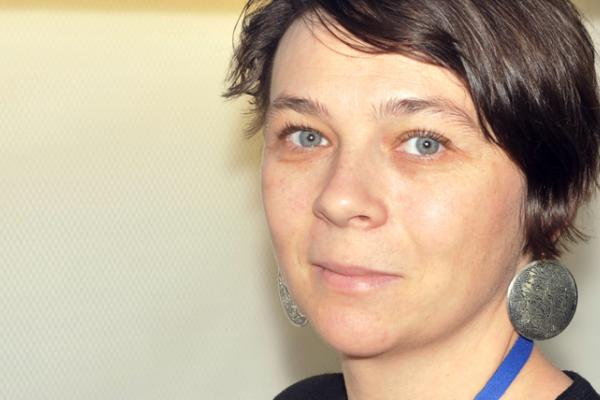Seaweed could become an important source of disease-fighting antioxidants, if EU scientists succeed in proving its benefits.
A mobile app that helps diagnose and treat sick children in remote parts of Malawi could have a significant impact on survival rates across the continent.
A multi-billion-euro partnership between the EU and the pharmaceutical industry in Europe plans to target the top diseases, as identified by the World Health Organization (WHO), over the next decade.
A Mediterranean-style diet rich in fish, fruit and olive oil can help people live longer, and scientists believe this could be because of its effect on the bacteria in our stomachs.
Scientists have managed to get paralysed rats to walk again, using a combination of chemicals and electrical stimulation, an achievement that might one day help wheelchair-bound humans.
A Mediterranean-style diet rich in fish, fruit and olive oil can help people live longer, and scientists believe this could be because of its effect on the bacteria in our stomachs.
Researchers believe they can take on drug-resistant superbugs by changing the way that drugs are prescribed in hospitals.
European researchers are heading to some of the deepest and coldest places on the planet as part of a race against time to find new medicines that can protect society from increasingly drug-resistant…
New medical devices working with particles so small that they are invisible to the human eye are paving the way for earlier cancer detection, helping save lives.
Researchers studying one of the major regulatory proteins in the brain are advancing knowledge about the behaviour of certain genes upon epileptic seizures.


